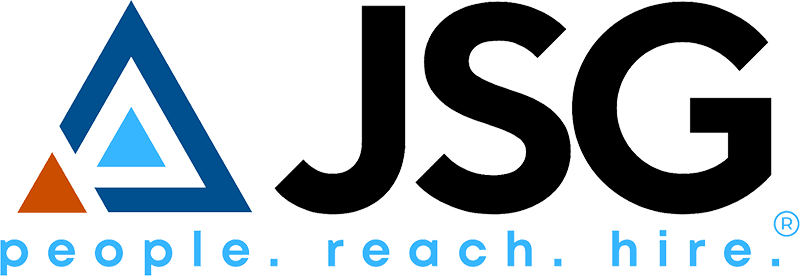So, this is it. After spending hours filling out applications, fine-tuning resumes, and writing cover letter after cover letter, you receive a callback; you finally get an interview. The interview in this hypothetical situation could be face-to-face, or it could be done through video conferencing. Regardless of your proximity to the interviewer, what doesn’t change in either situation is the intent of the interview.
This potential employer needs to decide if you’d be a good fit for this company, for their culture. They need to verify the skills you claim to have, and what you would bring to their organization, should they decide to hire you. They will make this decision based on your education, experiences, references, and your answers to the various questions they’ll raise. These interview questions will vary industry to industry; however, there are a few questions that are applicable and seem to be asked, regardless of what the job is.
Tell Me a Little Bit About Yourself
This question is easy! It’s all about you – and who knows you better than you? However, it is not uncommon for people to overthink and mess up. This question’s only purpose is to serve as your introduction. It’s not your life story, it’s two or three specific accomplishments unique to yourself or your life. This is a quick-pitch, a summary of your skills, and how those skills connect to the company or job you are interviewing for. You need to prioritize relevancy. If you are sharing a story about a program you coded in college while interviewing in Information Technology? Perfect. A story about your love of fishing while interviewing with a bank? Less than useful.
What is your Biggest Weakness?
Believe it or not, this question is not meant to highlight your weak skills, but to test a person’s self-awareness. While there are answers that are clear red-flags, like answering leadership when interviewing for a management position, most interviewers are looking for internal-reflection. Try to provide an example that balances your weakness with examples of how you combat this.
Someone who answers with time management, and then goes on to explain that they use planners, email reminders, and calendars is a perfect example. You show you’re aware of that weakness and the steps you’re taking so it doesn’t get the best of you. The ability to come up with a weakness also shows you cannot just take criticism but can look critically inward for self-improvement.
Do You Have Any Questions for Us?
This question is often presented at the end of the interview. It is one last chance to leave the interviewers with a lasting impression, and stand out from the competition. While information about the company, the job, and its basics will likely be topics during the main portion of the interview, asking good questions will do two things. It indicates high interest in the job and allows you to showcase any additional research you’ve done leading up to the interview. The question I recommend is, “If you hire me, what are your expectations for the first month, first six months and first year?” This example demonstrates you are a forward-thinker. As well as a planner and lets those making the hiring decision envision an outcome where you are the chosen applicant.





